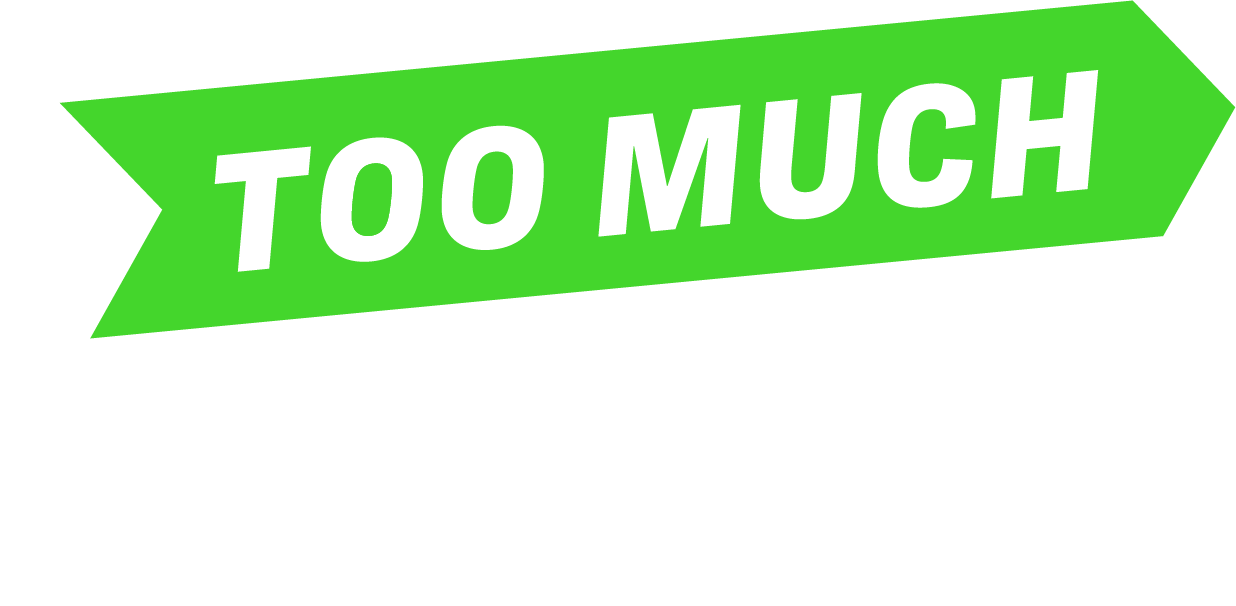Lifestyle Factors to Limit the Negative Side Effects of Prescription Drugs Used to Treat Anxiety and Depression
People diagnosed with anxiety and depression may receive mental health counseling and/or medication from their provider. Prescribed medications for anxiety and depression may be used to help a person manage the symptoms of their diagnosis, while mental health counseling may provide the psychological framework to help evolve thoughts, feelings, and behaviors. It is important to note that there are situations where prescribed medications may not deliver the intended effects. If this occurs, it is best to follow up with your prescribing provider to determine if medication adjustments are needed. If the prescribing provider has determined there are no medical conditions or a need to adjust medications, then the following lifestyle changes may potentially improve quality of life.
Note: It is strongly encouraged that you consult your healthcare provider before making lifestyle changes and/or acting on the information in this article. Your safety and understanding are our top priorities.
Physical Exercise
Physical activity is very important for mental health. Exercise can help reduce symptoms of depression and produce endorphins (“feel-good” chemicals) that naturally elevate mood and reduce pain. Research primarily highlights the advantages of aerobic exercises and resistance training, such as weightlifting.
Incorporating short bursts of physical activity throughout the day is an effective way to integrate movement into daily routines. This could include brief periods of stair climbing, jumping jacks, or push-ups. Many find that taking these short exercise breaks every hour or so during sedentary activities also boosts attention and concentration, leading to increased productivity.
Nutrition
Nutrient-dense food is an important contributor to your mental health. The best foods for a healthy mind include fatty fish, fruits, leafy greens, nuts, and whole grains. Diets that emphasize whole foods—foods that are minimally processed and as close to their natural state as possible—are linked to positive mental health outcomes.
One example is the Mediterranean diet, which is rich in vegetables, fruits, nuts, and legumes, with moderate amounts of poultry, eggs, and dairy, and very limited red meat.
Mind-body and Mindfulness Practices
- Some stress from time to time is normal, but continual stress over a long period of time can negatively impact physical and mental health.
- Mindfulness practices are exercises that link the mind and the body, such as yoga and tai chi, as well as meditation and techniques that allow you to focus on the present moment. These activities can reduce stress, improve well-being, and help lessen symptoms of mental health conditions.
- Breathwork practices, which involve specific breathing techniques, have also been linked to reduced stress levels and improvements in anxiety and depressive symptoms. Often incorporated into yoga and meditation routines, breathwork helps to calm the body and mind and reduce stress.
Sleep
Proper sleep is essential for optimal brain function. Insufficient or poor-quality sleep can lead to a range of negative outcomes, including fatigue, decreased energy, irritability, and difficulty with concentrating. It can also impair decision-making abilities. Sleep difficulties are associated with both physical and emotional issues and can contribute to or worsen mental health conditions.
Social Connections
Social connections can also lessen the effects of stress by offering active coping strategies and emotional support. The positive emotions associated with social connections—such as a sense of belonging, security, and self-worth—lead to better stress management. Maintaining social connections significantly improves mental well-being and health and can aid in both the prevention and reduction of psychiatric symptoms.
Important Note on Anxiety and Depression Diagnosis
Anxiety and depression are often co-occurring conditions and may sometimes serve as preliminary or “light” diagnoses. These initial diagnoses can depend on factors such as patient-provider discussions, access to care, or safeguarding details within medical records.
In some cases, further evaluation may reveal a different or more specific diagnosis, such as:
- Major Depressive Disorder (MDD)
- Generalized Anxiety Disorder (GAD)
- Obsessive-Compulsive Disorder (OCD)
- Chronic Post-Traumatic Stress Disorder (PTSD)
- Bipolar Disorder
If you or someone you know is experiencing symptoms of these conditions, it is essential to consult with a medical provider. They can provide an accurate diagnosis and guidance to determine the most appropriate course of action.
Military OneSource
Support for Military Personnel & Families | Military OneSource is a DoD supported service offering 24/7 confidential support and specializes in helping military members, families, and veterans. Services are provided CONUS and OCONUS via call-in, live chat, and text on their website and mobile app.
Substance Abuse and Mental Health Services Administration
You may also call the U.S. Substance Abuse and Mental Health Services Administration (SAMHSA) National Helpline at 1-800-662-HELP (4357). SAMHSA’s National Helpline is a free and confidential treatment referral and information service (provided in English and Spanish) for individuals and families facing mental and/or substance use disorders and is available 24 hours a day, every day of the year. Check out additional resources for Service members here.
